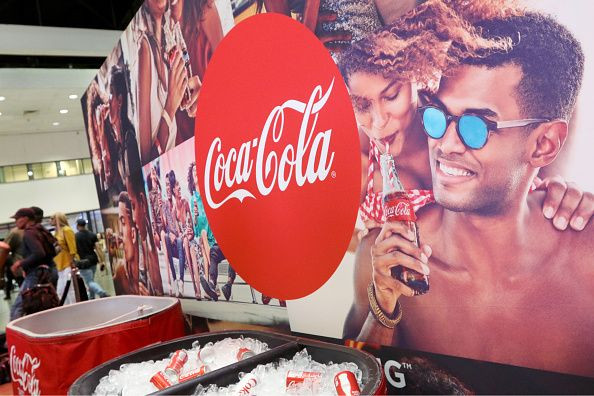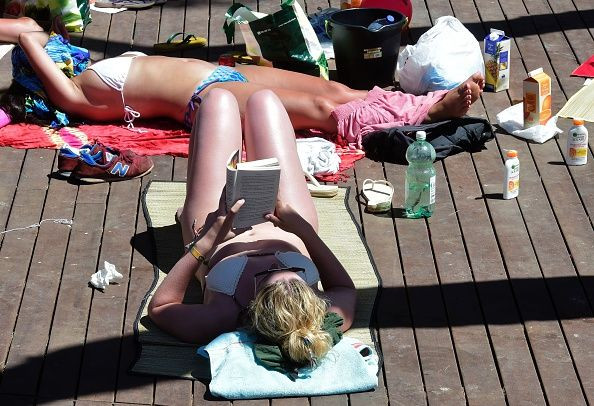Can You Use Coca-Cola As Self-Tanner? Some Claim Caramel Dyes Will Help With 'Perfect Tan'

People have started using Coca-Cola as summer 2017 self-tanner, a move skin experts have called “dangerous.”
According to enthusiasts of the practice, the perfect tan can supposedly be achieved by applying Coca-Cola to the skin prior to sunbathing. The thought is that since Coca-Cola has caramel dyes, applying it to the skin will allow for a deeper tan to form.
Read: Skin Cancer Facts: How To Protect Your Skin From Sun This Summer
“While some feel that Coca-Cola can speed up your tan, it can actually be dangerous, and I recommend staying away from it,” director of cosmetic and clinical research in dermatology at Mount Sinai Hospital in New York City, Joshua Zeichner said to Allure. “Applying it to the skin may lead to a temporary darkening or staining of the skin, but because sodas are acidic, it may exfoliate dead cells, enhancing the ability of UV light penetrate into the skin. Ultimately, this may increase your risk of a sunburn.”
The trend began summer 2016 in the United Kingdom, when a few reality stars endorsed the practice of using Coca-Cola as tanning oil, as reported by MTV UK. This is not the first time a celebrity has endorsed the Coca-Cola tanning method. In 2005, Peter Andre’s then-wife Katie Price told ELLE magazine her husband’s secret for maintaining his tan, claiming he “lies on the beach and covers himself in Coke.” According to Price, the secret to warding off insects was to use Diet Coke.
There has not been any research to support the claim that Coca-Cola facilitates the tanning process. Dermatologist Mona Gohara, M.D. said in Fitness Magazine that using Coca-Cola as a self-tanner is a “one-way ticket to developing cancer and wrinkles.”
Read: 4 Reasons Your Sunblock May Not Be Working
For years now, dermatologists have advised against tanning in general. According to the Skin Cancer Foundation, more people develop skin cancer from tanning than those who develop lung cancer from smoking. Those who have used Coca-Cola to develop a “base tan” are still hurting their skin because base tans are the equivalent of wearing SPF 3 or less, according to the CDC.

“Tanning is your body’s way of trying to protect itself by increasing pigment,” George W. Monks, M.D., a dermatologist at the Tulsa Dermatology Clinic, said to SELF. “It’s a self-defense mechanism. The issue is any sun exposure—whether it’s just a couple times or you get a little exposure over many times—increases your risk for skin cancer.”
Tanning has already been proven unsafe, so tanning with Coca-Cola, which has no SPF value, is a quick way to increase your chances of getting skin cancer.
© Copyright IBTimes 2025. All rights reserved.





















